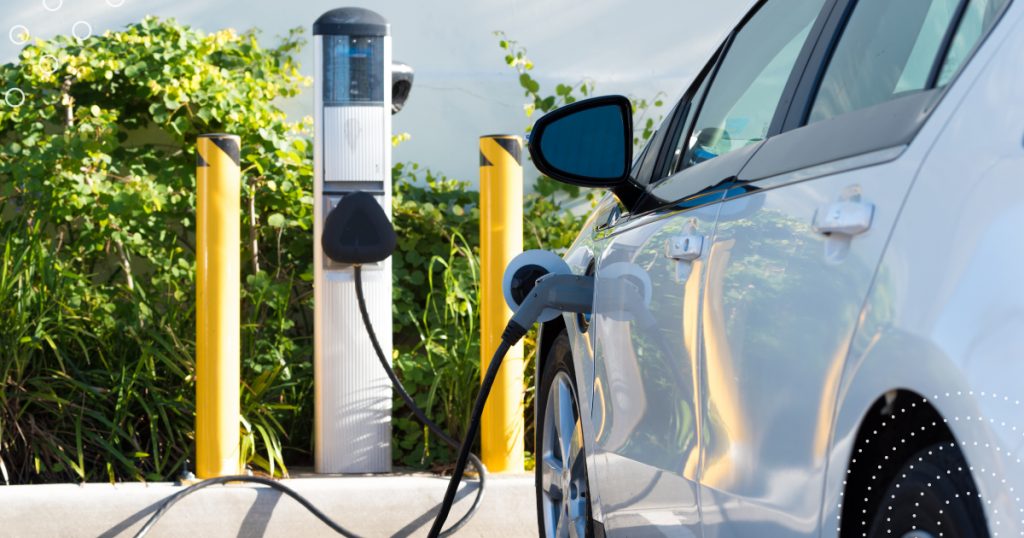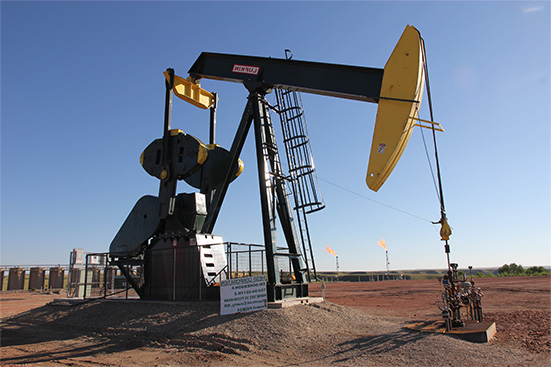
The recent report by the Consumer Energy Alliance, “Consumer Choice in the Automotive Marketplace,” offers valuable insight into the changes in the automotive industry, especially focusing on the shift towards electric vehicles (EVs).
As an oil and gas investment company, DW Energy recognizes the importance of diversifying our vehicle options. Electric vehicles, if integrated sensibly, are vital in achieving our shared environmental goals. However, there are significant concerns about the implications of hastily mandating EVs and phasing out internal combustion engine (ICE) vehicles.
Understanding the Implications of EV Mandates
The automotive industry is undergoing a significant transformation. The rising acceptance of electric vehicles (EVs) among consumers, coupled with expanding taxpayer-funded incentives and an increasing variety of models from manufacturers, points to a future where EVs play a dominant role. However, as qualified oil and gas investors in Texas, it’s essential to approach this shift with a balanced perspective, especially considering the implications for policy and infrastructure.
Public officials and regulators must fully understand the consequences of aggressively pushing EVs. Without considering the impact on consumers, especially on low- and middle-income earners, the acceptance of EVs might be stalled due to increased negative effects.
The Challenge of Premature EV Mandates
The increasing adoption of electric vehicles (EVs) is encouraging, but there are rising concerns about the implementation of centrally planned EV mandates. These mandates often rush consumers into accepting EVs without considering readiness, affordability, and supply chain limitations. Such premature policies could lead to supply shortages and escalating costs, adversely affecting both the market and consumers.
Another big question stands: Can we get enough copper, lithium, cobalt, and other essential materials needed to make so many EVs? EVs need six times more minerals than traditional cars. Looking at how things are right now with the global supply of these materials and what it takes to increase the supply, it seems that the goals set for EV use might be too hard to reach, even over many years.
Contact DW Energy
Want to learn more about oil & gas investing? Our expert team can provide you with more information or schedule a consultation to talk about diversifying your investment portfolio.

The Need for Infrastructure Investment
Before EVs can be adopted on a large scale, substantial investment is required in the EV charging network and the broader electric generation, transmission, and distribution systems. Implementing bans on gasoline and diesel-powered vehicles without the necessary infrastructure in place could jeopardize the stability of the electric grid. This rush could result in reliability issues and increased costs, impacting consumers and the economy negatively.
The Need for Policy Maker Proactivity and Transparency
Policymakers must be both proactive and transparent about the implications of their advocated policies. Consumers must be aware of the costs and benefits associated with EV mandates and ICE vehicle bans. This knowledge is key to informed decision-making and policy support.
Policy Shifts in the Automotive Sector
In the last decade, climate and environmental policies have shifted from the federal level to state jurisdictions. This shift has introduced new regulations in the automotive sector, significantly altering American vehicle choices. These changes have moved beyond incremental Corporate Average Fuel Economy (CAFE) standards to include EV mandates in several states, with more considering similar actions. Unfortunately, many of these mandates lack thorough cost-benefit or market impact analyses, raising concerns about their overall effectiveness and impact.
The Risk of Hastily Mandated EVs
The aggressive push for EV mandates by policymakers, without fully considering the implications, risks harming both short-term and long-term consumer acceptance of EVs. There is a potential for unintended consequences that could trigger a negative response to EVs, counterproductive to the intended goals of these policies.
Ensuring Consumer Acceptance and Addressing Economic Impacts
To foster consumer acceptance of EVs and lessen negative economic and societal impacts, it is essential to deliberate on several critical issues. Policymakers must address vital questions and ensure that any mandates imposed do not adversely affect the U.S. economy, particularly impacting those on low and fixed incomes.
Critical Questions for Policy Makers
Policymakers must consider several important questions:
- EV Mandate Impact Assessment – What impact would an EV mandate have, considering the current mix of passenger cars and the proportion of EVs in new car sales? Can the presumed environmental and economic benefits justify the immediate costs?
- Total Cost of Ownership – Will EV mandates reduce household discretionary income and elevate transportation costs for working families, considering the economics of Total Cost of Ownership?
- Electricity Generation Needs – What increase in electricity generation is needed for an all-electric vehicle fleet? What will be the source of this generation, and at what cost?
- Grid Investment Requirements – How much capital is required to upgrade the existing electrical grid to support an all-electric fleet reliably? Who will bear these costs, and how will it affect the average family’s utility bills?
- Global Supply Chain Readiness – Can the global supply chains support a rapid transition to EVs? If not, how will this impact families and businesses compelled to switch to EVs?
- Compensation for Lost Fuel Tax Revenue – How will states offset the loss of billions in fuel tax revenue?
- Impact on Current Transportation System Workers – What will be the impact on workers supported by the current transportation system? How will states address this potentially significant economic impact?
- Equity in EV Mandate Impact – How do decision makers justify the impact of an EV mandate on low-income and working-class families, who may face higher costs while wealthier families benefit from current taxpayer-funded incentives?
The transition to electric vehicles (EVs) presents a complex and multifaceted issue, especially for stakeholders in the energy sector such as oil and gas investment companies. The environmental advantages of EVs are evident, yet their economic and social implications demand thorough consideration and balanced policymaking. For stakeholders in the energy sector, it’s essential to actively participate in shaping this transition, aiming to make the switch to EVs equitable, sustainable, and beneficial for all consumers.
Contact dw energy
Sources:
“U.S. State Clean Vehicle Policies and Incentives,” Center for Climate and Energy Solutions, https://www.c2es.org/document/us-state-clean-vehicle-policies-and-incentives/
“New cars, once part of the American Dream, now out of reach for many,” Washington Post, https://www.washingtonpost.com/business/2023/05/07/new-car-market-high-interest-rates/
“Proposed Rule: Multi-Pollutant Emissions Standards for Model Years 2027 and Later Light-Duty and Medium-Duty Vehicles,” United States Environmental Protection Agency, https://www.epa.gov/regulations-emissions-vehicles-and-engines/proposed-rule-multi-pollutant-emissions-standards-model
“Electric cars and batteries: how will the world produce enough?” Nature, https://www.nature.com/articles/d41586-021-02222-1
“Electric Car Insurance: Why It Costs More,” Forbes, https://www.forbes.com/advisor/car-insurance/electric-vehicle/
“Mineral requirements for clean energy transitions,” IEA, https://www.iea.org/reports/the-role-of-critical-minerals-in-clean-energy-transitions/mineral-requirements-for-clean-energy-transitions
“Motor Fuel Tax Revenue,” Tax Policy Center, https://www.taxpolicycenter.org/statistics/motor-fuel-tax-revenue
“$43.4B in FY20 Highway Funding Apportioned to States,” Eno Center for Transportation, https://enotrans.org/article/43-4b-in-fy20-highway-funding-apportioned-to-states/
“Transportation Economic Trends,” U.S. Department of Transportation, https://data.bts.gov/stories/s/Transportation-Economic-Trends-Transportation-Empl/caxh-t8jd/
“Who Owns EVs Today? EV Ownership Trends and Changes 2021 EV Consumer Behavior Report Rundown,” Inspire Advanced Transportation, https://inspireadvancedtransportation.com/industry/who-owns-evs-today-ev-ownership-trends-and-changes-2021-ev-consumer-behavior-report-rundown/
